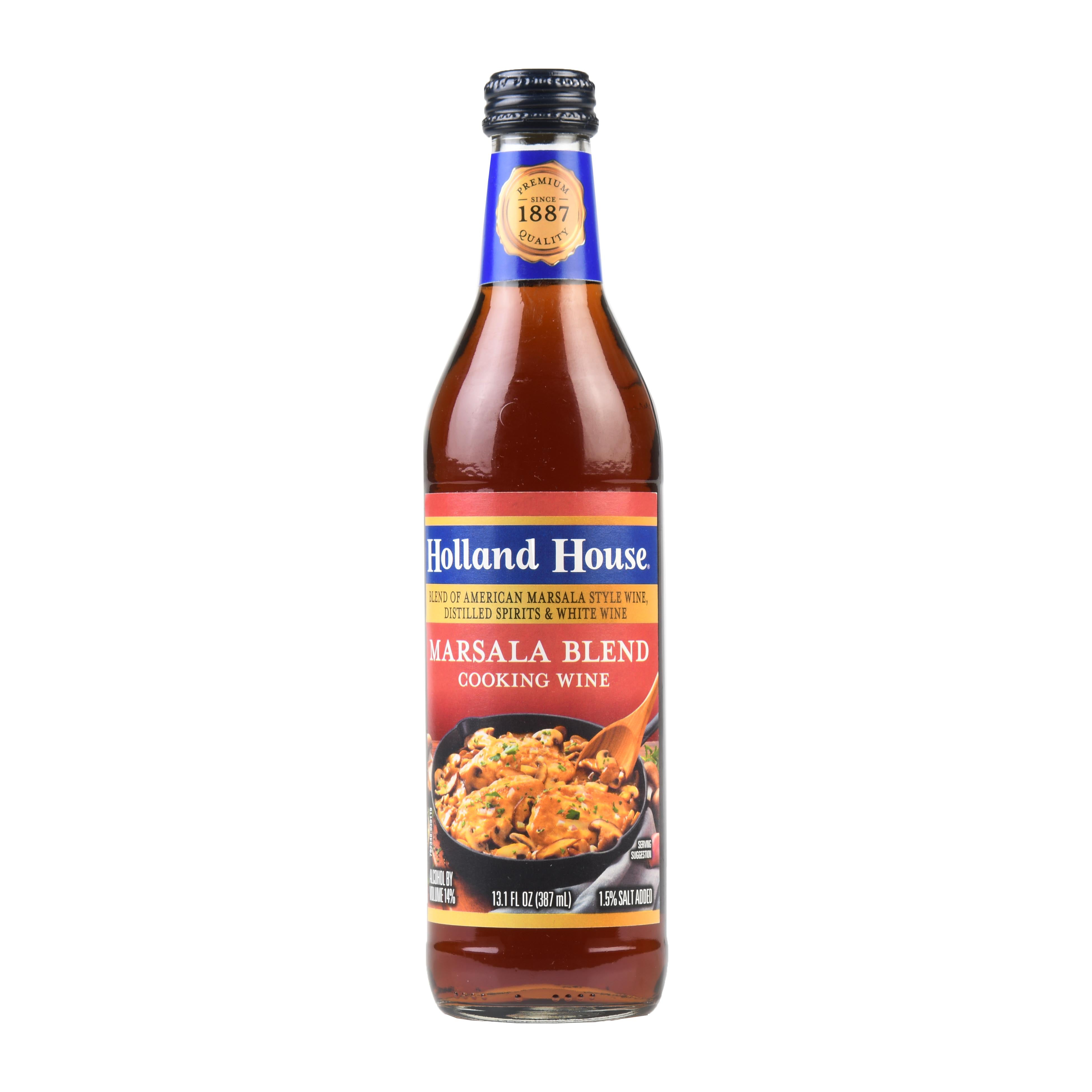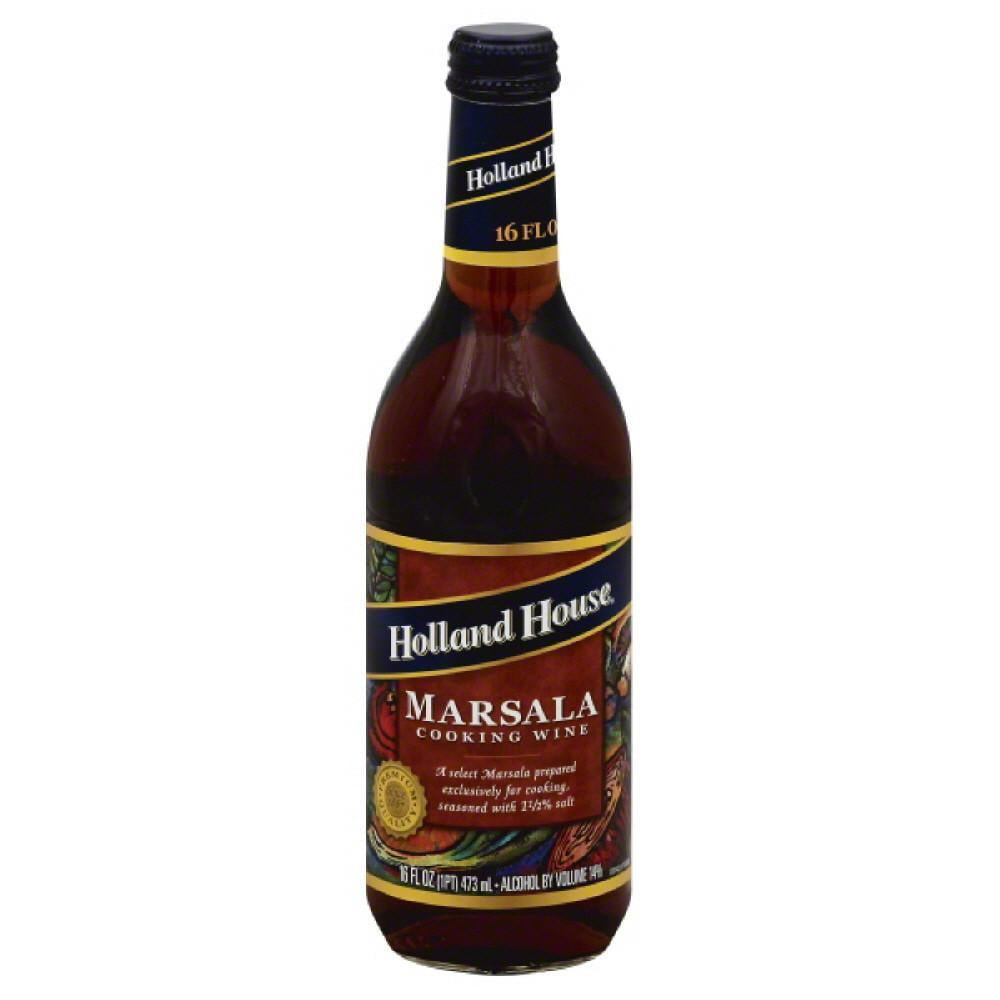
It ranges drastically in levels of sweetness too. It is generally priced by the length of time for which it has been aged as well as its colour. Its flavours can range from honeyed notes to hints of fruit, nuts, or aniseed. This means that if the spirit – in this case brandy – is added for fortification after the fermentation process, a dry marsala wine will be produced.
#Marsala wine full#
This is achieved by fortifying the wine before the fermentation process has run its full course. The timing of this interruption will depend on whether the winemaker wants a sweet or dry Marsala wine.Ī sweeter wine will, of course, retain higher quantities of residual sugar. When making Marsala wine, the fermentation process will be interrupted for the purpose of fortifying. Once this is done, the fermentation process can commence. The first steps to any wine making process are the collection and crushing of the grapes. It can also contain up to 30% of white grapes How is Marsala Wine Made? ‘Rubino’ is made with mostly red grapes such as Nerello, Mascalese, and Pignatello. This category of dry marsala wine is typically made with the white grapes Cattaroto, Inzolia, Grillo, and Domaschino. Ambra’s distinct flavour profile is attributed to the use of a type of cooked grape called ‘Mosto Cotto’.

The Oro version of Marsala wine is typically comprised of white grapes much like ‘Ambra’. The primary categories, according to colour, are: Its colour is largely determined by the variety of grapes it’s made from. Marsala wine is also classified according to its colour. While these are all white grape varieties and thus the wine is typically white, it occasionally includes a red grape variety. These include: Damaschino, Inzolia, Grillo, and Catarratto. Is Marsala Wine Red or White?ĭry marsala wine is made from a calculated combination of certain local grape varieties. It is widely renowned as a cooking wine and as it is available as either a sweet or dry alcohol, it can complement a wide variety of sweet and savoury dishes of varying cuisines. This raises the alcohol content to between 15-20%, hence why it is commonly served in small glasses.

While its production is restricted to this region, you can certainly experience an excellent Marsala wine tasting in London, for example.Īll fortified wines are supplemented with a form of spirits. Marsala Wine is a fortified wine that is produced on the island of Sicily – an Italian town near Marsala itself. In fact, the European Union granted Marsala wine the status of Protected Designation of Origin (PDO) and thus most countries prohibit the use of the name ‘Marsala’ in an attempt to protect the Marsala area. The term ‘Marsala’ is protected – much like ‘champagne’.

It is, however, certainly deserving of your attention. Marsala wine is certainly one of the lesser-known variants of this globally popular and widely praised alcohol.


 0 kommentar(er)
0 kommentar(er)
